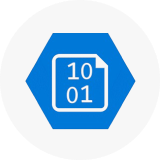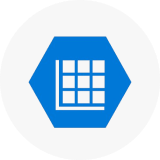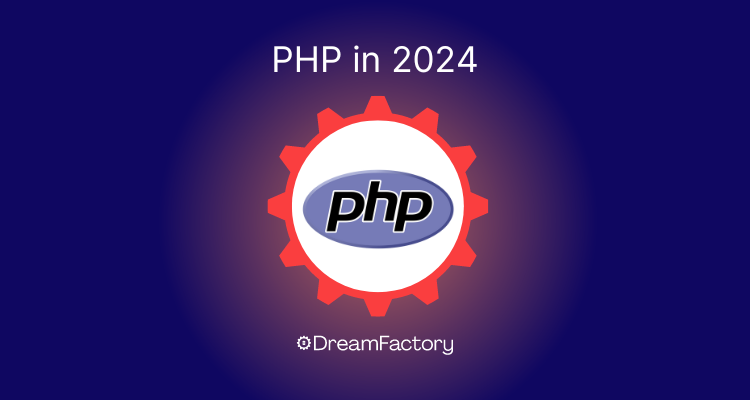You might have heard the rumors circulating in the tech world—PHP, the venerable programming language, isn't as secure as its modern counterparts. With roots tracing back nearly three decades, PHP soared to popularity during the early days of the web, when security practices were still finding their footing. Unfortunately, this early exposure left PHP with a tarnished reputation, as many developers failed to prioritize security in their code, leaving applications vulnerable to attacks like SQL injection.
But hold on—while PHP certainly had its share of flaws, it's not the insecure relic it's made out to be. In fact, with diligent updates and advancements, PHP has evolved into a robust language, capable of powering some of the world's largest websites securely. Let's debunk some of the myths surrounding PHP and explore why it remains a force to be reckoned with in the programming landscape.
PHP isn’t a secure programming language
Believe it or not, the PHP language is almost 30 years old. It became very popular in the early days of the web, back when security practices aren’t what they are today. Because of the language’s popularity, and because so many early web programmers didn’t bother securing their applications from for instance SQL injection attacks, over time PHP gained a reputation for being insecure by association.
To be sure, like all programming languages, PHP itself also suffered from a number of security flaws, however in time these issues were patched. Today’s vulnerabilities tend to be those which affect all web applications, such as cross-site scripting, cross-site request forgery, and SQL injection. Fortunately, DreamFactory is built atop Laravel, a PHP framework that has a great reputation for embracing best practices when it comes to security.
Isn’t PHP dead?
Quite the opposite. Despite being almost 30 years old, the PHP language is used by almost 80% of websites identified as using a server-side programming language (https://w3techs.com/technologies/details/pl-php). PHP powers many of the world’s largest websites, including:
| Wikipedia Etsy Whitehouse.gov Salesforce.com Disney.com CNN Bloomberg NBC UniversalAl Jazeera NASA.gov TeslaMotors Tripadvisor.com RutgersUniversity ACLU.org |
GE Aerospace Whole Foods Warner MusicSYFY.com MLSsoccer.com NCAA.com TheEconomist.com Telemundo Schwab.com U.S. Department of commerce Fannie Mae San Francisco Police Department Novartis Pharmaceuticals Stanford Business School Harvard Medical School Princeton UniversityBahamas.com |
The Laravel framework (upon which DreamFactory is built) is the second most starred framework on GitHub (https://github.com/topics/framework), outpacing Ruby on Rails, Django, and Spring Framework. Laravel powers all or part of many popular web properties, including HelloFresh, Fathom Analytics, Feeding America, FedEx, Pirelli Tires, Golf Digest, and PriceWaterhouseCoopers (https://trends.builtwith.com/websitelist/Laravel/1m-Social-Followers).
Isn’t PHP slow?
Like Python and Ruby, PHP is an interpreted language, meaning it is generally slower than compiled languages such as C++ and C#. However each successive PHP release is accompanied by benchmark improvements, and these days PHP can be configured to satisfy even the most ambitious scaling requirements. One great example of DreamFactory performing under enormous load is its use during the 2020 US elections. DreamFactory was adopted by Decision Desk HQ, an election reporting service relied upon by many of the world’s media outlets. In the 72 hour period surrounding the US elections, DreamFactory processed nearly 3 billion requests and 4 terabytes of data. During this period it wasn’t uncommon to see DreamFactory processing 100 requests per second!
Why PHP is Enterprise Ready
Despite lingering doubts about its suitability for enterprise-level applications, PHP stands tall as a robust and dependable choice for businesses of all sizes. While its early reputation may have been marred by security concerns, PHP has undergone significant evolution over the years, bolstered by diligent updates and improvements. Today, PHP boasts a thriving ecosystem supported by frameworks like Laravel, renowned for their adherence to best practices and security standards.
PHP's widespread adoption by major corporations—including tech giants like Facebook and Salesforce—testifies to its enterprise readiness. These companies rely on PHP to power their mission-critical systems, showcasing its scalability, reliability, and performance capabilities even under the most demanding circumstances. With PHP at the helm, businesses can confidently navigate the complexities of the digital landscape, leveraging its versatility and stability to drive innovation and growth.
Jason is the author of almost a dozen books on web development, including most recently Easy Laravel 5, and Beginning PHP and MySQL, 4th Edition. He's the co-founder of the CodeMash Conference, one of the largest software conferences in the Midwestern United States. Jason serves as a technical advisor to the boards of several technology startups. His free time is spent playing with his kids and reading.
























 Blog
Blog

